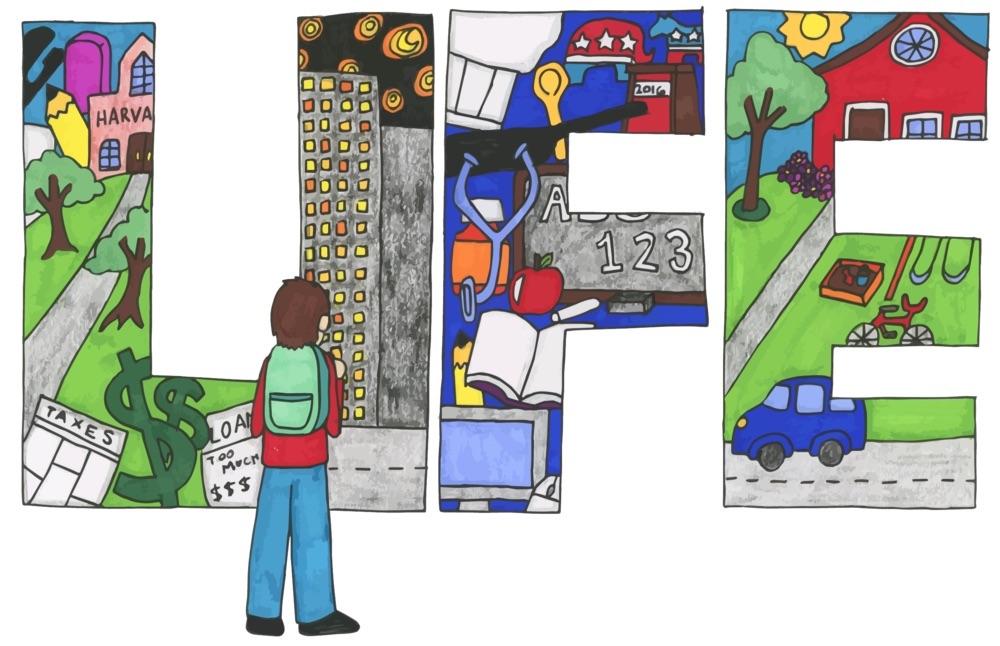In the previous print edition of The Whitworthian two weeks ago, there was an article on Resident Assistant responsibilities and compensation that deserves a response from someone in the position, as I am. The article did not recognize all of the “extras” that RAs have to deal with to help residents succeed.
The question should not be if RAs are overpaid, but rather that specialist positions might be underpaid for their responsibilities.
“Building community and growing adults” is the Student Life motto and RAs play a huge role in student development within the residence halls on campus. That is not to say that other leadership positions, such as Small Group Coordinators or Cultural Diversity Advocates, do not play a significant part in resident life, but their roles differ.
The article from two weeks ago did not note the 24/7 nature of the RA position. RAs are expected to maintain “a visible presence in the residence hall through…adherence to an ‘open door’ policy,” according to the Resident Assistant position description from Residence Life.
“Dealing with things surrounding conduct, confrontation and conduct meetings is the most stressful,” said junior Joel Silvius, current RA in Stewart Hall. “Also, being available to residents, even when I have a lot going on.”
RAs have to confront and document policy violations; they also deal with and attend conduct meetings.
Carter’s article discussed Prime Times. He mentioned that CDAs and SGCs have to attend and help plan Prime Times, much like RAs do, but CDAs and SGCs only have to attend two Prime Times a month. RAs are required to plan and attend eight Prime Times a month.
“I think that it’s a lot more time consuming than most of the specialist positions,” said sophomore Ryan Worthington, SGC to the Stewville community.
RA training is almost a full week longer than the training for other leadership positions, simply because RAs deal with a bigger range of responsibilities related to residents.
“We also handle almost anything that a resident needs like roommate mediation or letting people into the RA closet,” Silvius said. “The biggest thing is trying to keep in touch with everyone in the hall.”
There are also some basic inaccuracies within Carter’s story. RAs, like all students that live on campus, are required to have a meal plan. They are compensated at the second-highest plan, Traditional B. They can apply this toward their tuition to pay for a meal plan or they can take this amount in a paycheck.
The room part of room and board comes in a rebate off of a RA’s financial aid. They cannot take that as a salary.
Carter mentions the monthly hall activities that RAs have to put on. They also have to attend an on-campus activity with their hall once a month called a “tap-in” and are required to have a weekly standing appointment with their hall.
By no means do I want to belittle the other leadership positions on campus. They are all important, but the comparisons in Carter’s article were superficial and did not cover the full depth and breadth of issues, responsibilities and topics that RAs are required to deal with.
The pay for RAs is justified based on their position and duties. It could be said that the other leadership positions deserve to make more money, but not that RAs should be paid less.
“It’s completely fair that RAs get an extra incentive,” Worthington said, “While it’s not always the case, it’s more expected that RAs are more invested in building relationships with residents. I don’t think they’re overpaid.”
Contact Whitney Carter at wcarter16@my.whitworth.edu







